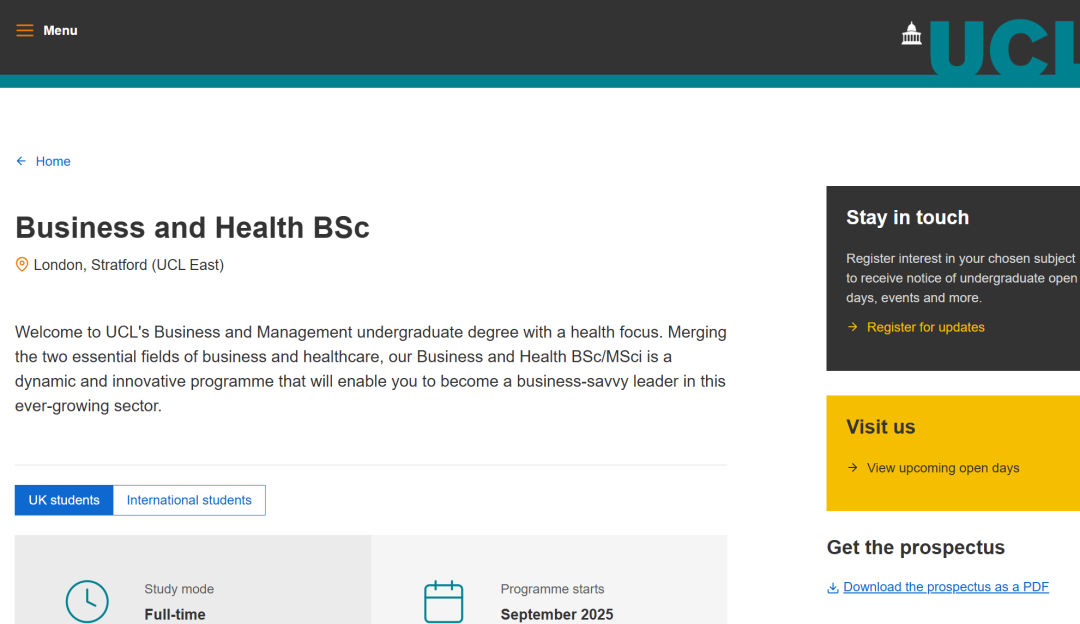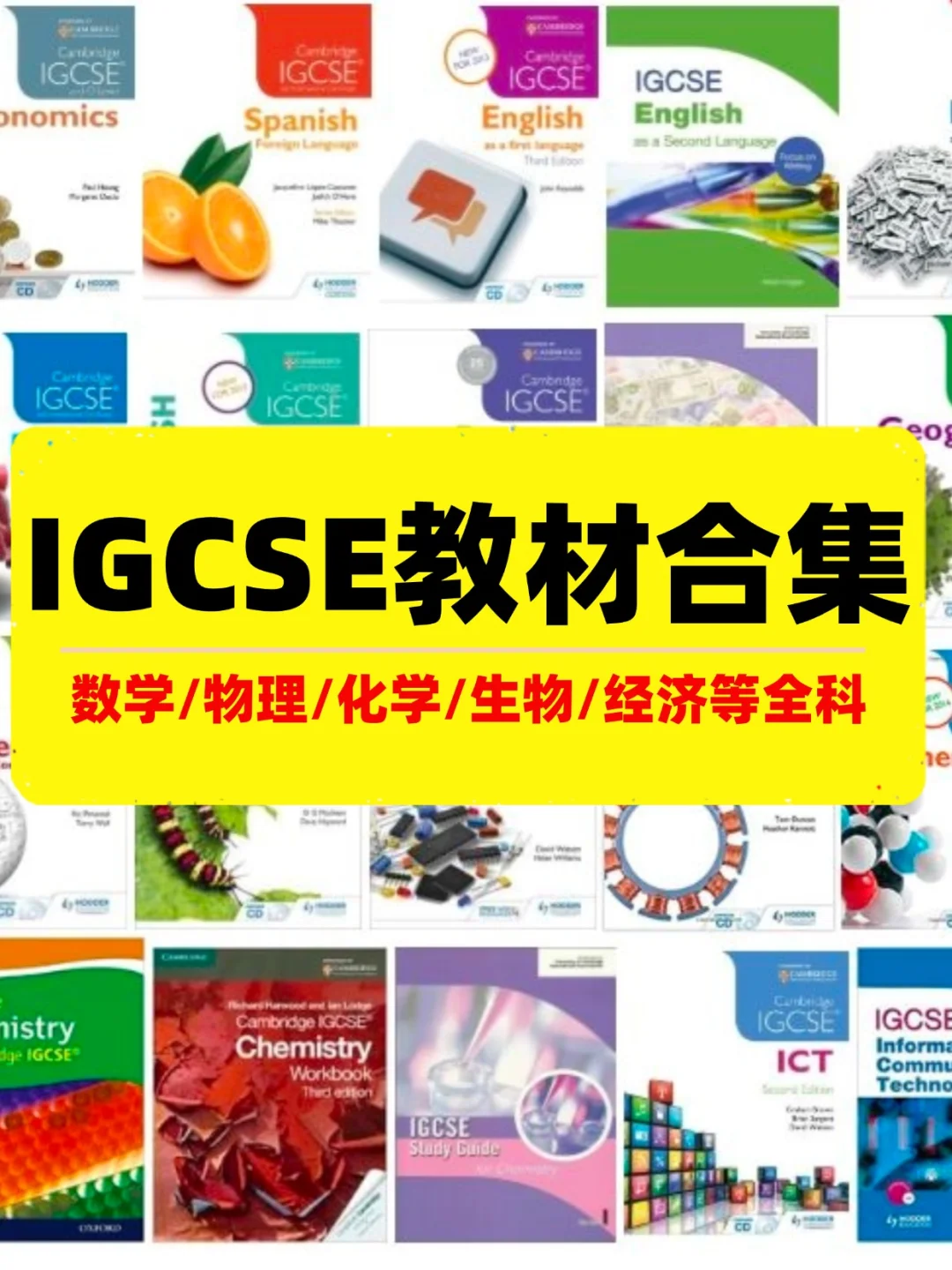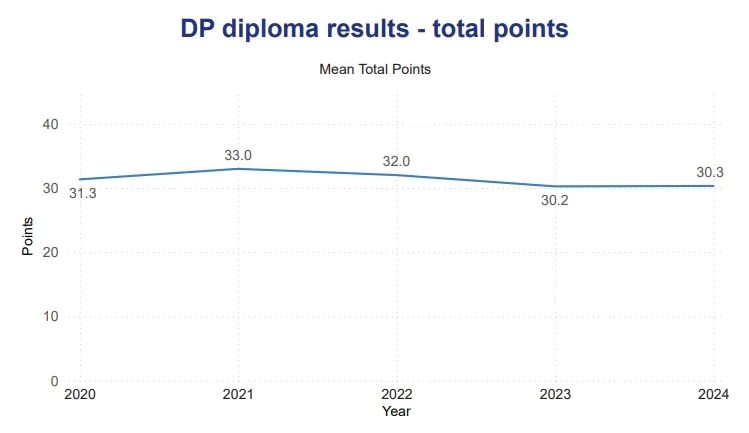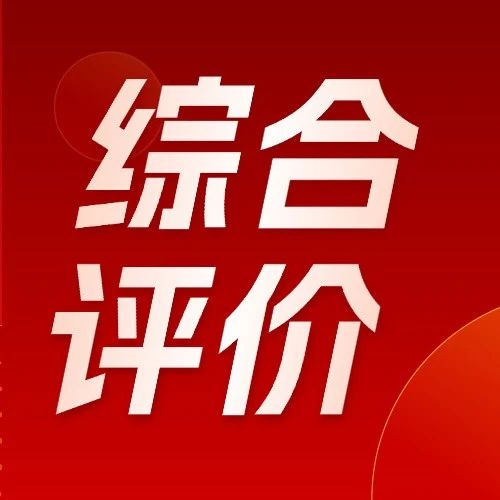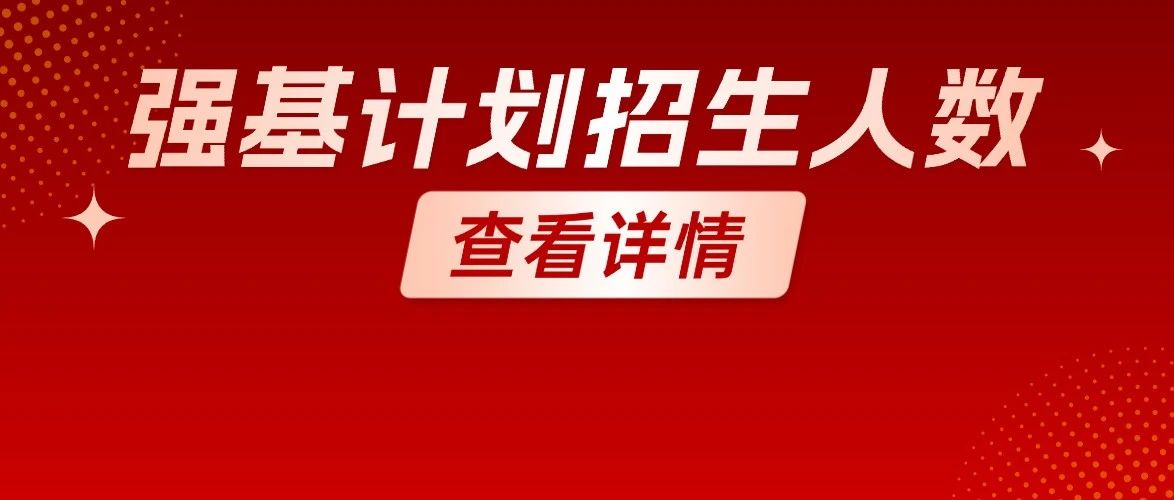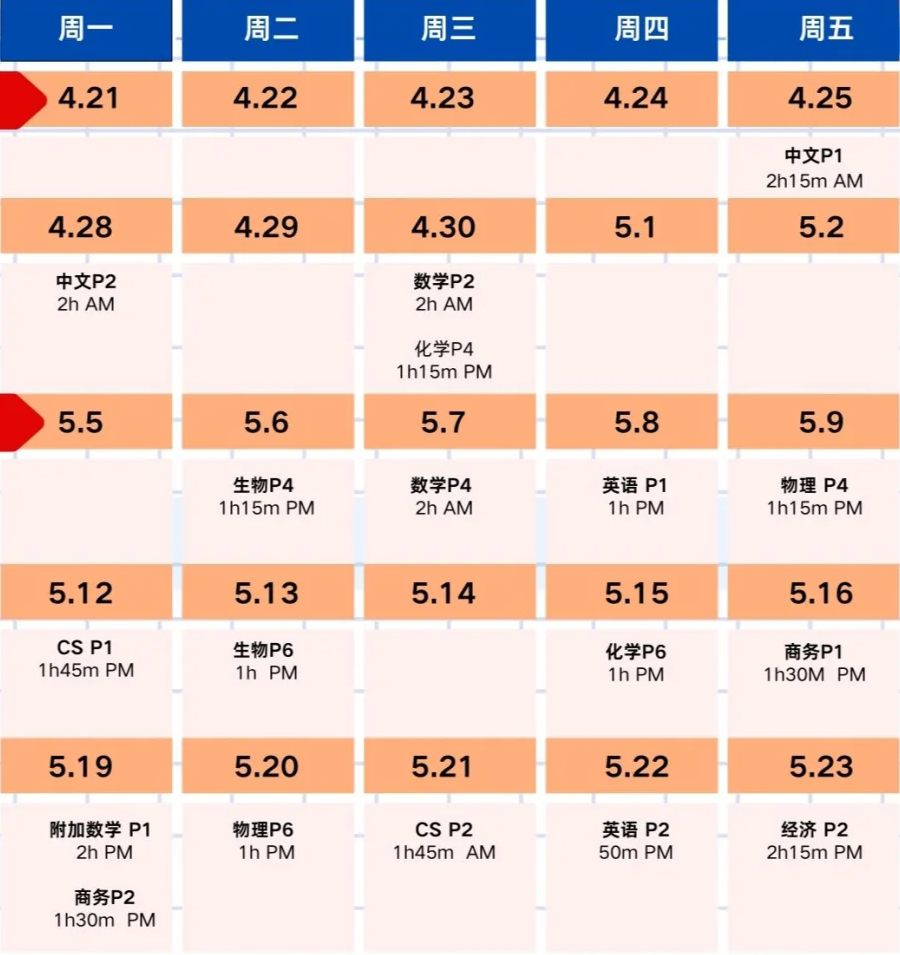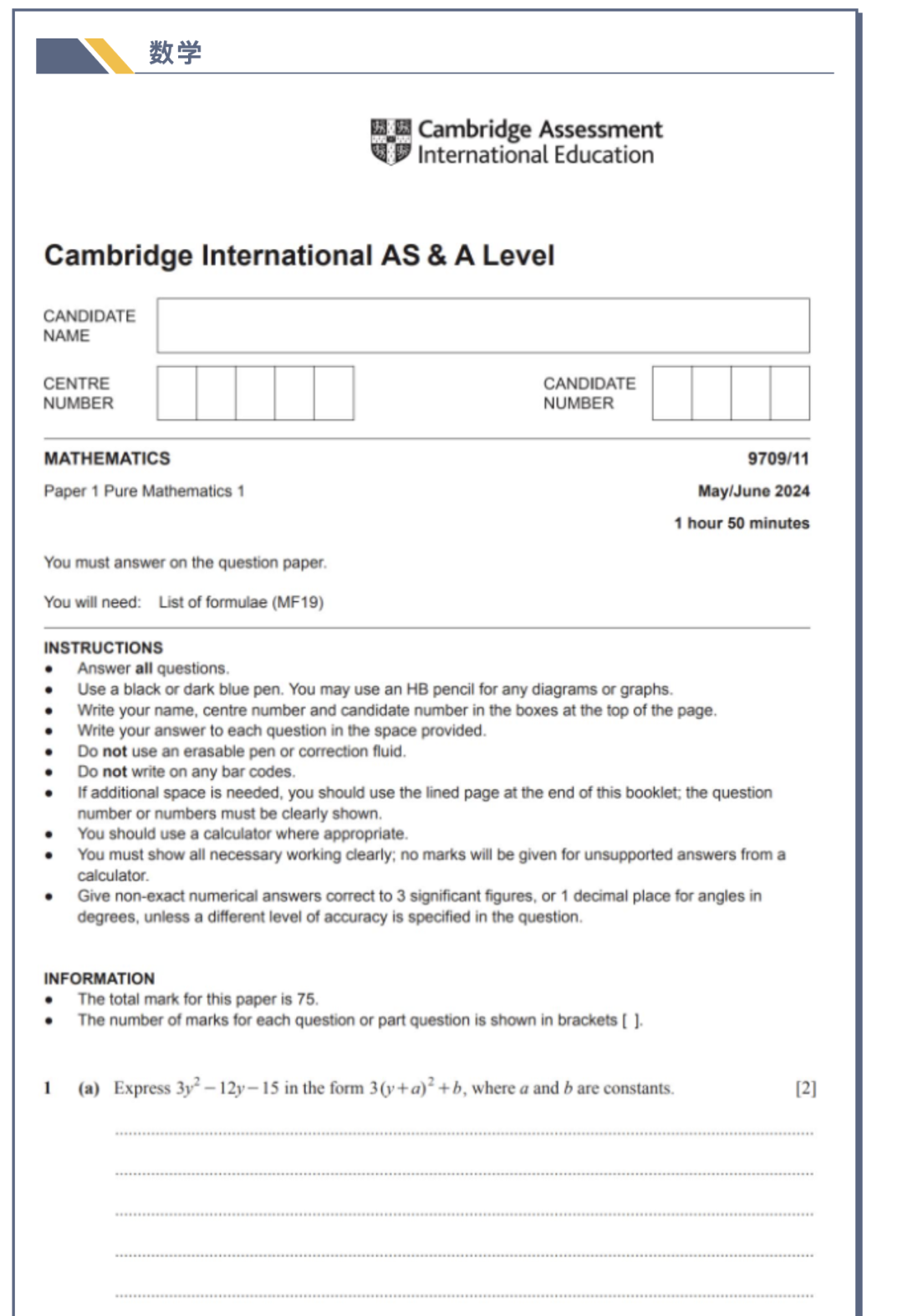鲁汶大学
PhD project on microfluidic technology for improved of bovine infections
KU Leuven | Department of Biosystems,
Supervisor:Prof. Jeroen Lammertyn
APPLICATION DEADLINE: September 3,2024
About the Project
Within the framework of a unique collaboration (funded by the federal government) between Sciensano (VIRENBEE) and KU Leuven (Department of Biosystems, Biosensors group, PI Jeroen Lammertyn), we are looking for a PhD student to work on the development of improved diagnostics for Infectious Bovine Rhinotracheitis (IBR) by combining microfluidics and fiber optic surface plasmon resonance (FO-SPR) technology.
The Biosensors group has extensive expertise in the development of novel bio-molecular detection concepts and miniaturized analysis systems. The applications span a broad range of sectors including medical, veterinary and agro-food. This PhD project will be embedded in three of the research lines of the Biosensors group, being bioassay development, microfluidic technology and FO-SPR.
The VIRENBEE-lab, short for Viral enzootic, (re)emerging and bee diseases, focusses on enzootic viruses that are subject to national and European disease control programs and serves as the National reference laboratory for these diseases.
Project
Microfluidic technology allows the active or passive manipulation and control of small amounts of fluids, typically on the microliter to picoliter scale, within networks of channels or chambers. This technology allows for precise handling of fluids and offers numerous applications in various fields such as chemistry, biology, medicine, and engineering.
This project aims to develop diagnostic tests involved in the Belgian national eradication program of the Bovine Herpesvirus-1, the causative agent of IBR. It is mainly an economic disease in cattle that leads to a general decline in immunity and fertility, resulting in huge production losses within infected farms.
To eliminate these severe economic losses, several European countries have initiated control programs against IBR. One of the cornerstones of this control program in Belgium is DIVA vaccination (Differentiating Infected from Vaccinated Animals).
The virus strains in DIVA vaccines carry at least one epitope less than the virus circulating in the field. For BoHV-1 vaccines, this specifically involves a deletion of the glycoprotein E (gE), a protein on the virus envelope.
In diagnostics, it is then determined whether the animal has antibodies against that specific epitope, as well as against other epitopes present in both the vaccine and the circulating virus (e.g., glycoprotein B (gB)).
This allows for distinguishing between the immunity statuses of an animal: infected (gE+, gB+), vaccinated (gE-, gB+), or naïve (gE-, gB-). However, nonspecific reactions occur frequently, which put a huge strain on the working, credibility and expected outcome of these eradication programs.
The precise cause of these nonspecific reaction has been the subject of many projects but, alas, remains largely unidentified. Therefore, the MicroVeD-project aims to resolve the ever-frustrating problem by using the scarce information we have and by bypassing the root cause of the nonspecificity by (1) screening for improved bioreceptors, i.e., with reduced nonspecific interactions and (2) modeling and experimental testing of the antibody-epitope interaction itself with FO-SPR to investigate potential differences between specific and nonspecific interactions. The ultimate goal of the project is then to apply the discovered solutions in easy-to-use, autonomously driven (fully automated) microfluidic platforms to increase sensitivity, specificity and to reduce variability and costs.
Profile
This project is a collaboration between the Biosensors group of KU Leuven (www.biosensors.be) and the National reference laboratory for IBR at Sciensano (Belgian national public health institute).
Hence, you will be the bridge between these two labs, which requires a great flexibility and the motivation to commute to both Leuven and Uccle (Brussels).
Furthermore, as a PhD student, you should fulfil the following requirements:
You have a Master’s degree (distinction) in Bioscience Engineering, Veterinary Science, Biomedical Engineering, Biosciences, Medical sciences or equivalent.
You are familiar with general laboratory practices and have good attention to details
You have a great passion for science and research
You are interested in biosensors, bioassay development, microfluidic systems, FO-SPR and/or veterinary diagnosis
You are eager to use engineering skills in the field of biosensing, bioassays and veterinary sciences with a strong hands-on attitude
You are highly motivated to do research in dynamic environment and as part of this unique interdisciplinary project
You show perseverance and resilience and you are creative
You are communicative, creative, eager to learn and able to work independently as well as part of the team
Good working proficiency in English (both written and oral) and a certain proficiency of the French language
You are proficient in Word, Excel, PowerPoint, Teams
Offer
We offer a 4-year contract (i.e., PhD program).
You will have a unique opportunity to pursue research in two dynamic and international research teams of both young people and experienced researchers sharing the same passion for research and development.
As a PhD candidate you will be enrolled in the Arenberg Doctoral School at the KU Leuven and you will be able to participate in workshops, symposia and congresses.
The start of the project is anticipated for September-November 2024.
You will receive a market-conform salary with 100% reimbursement of cost for work-related transportation (bicycle, train, tram or bus), meal vouchers, and other benefits.
Working hours and holidays respect the balance between private and professional life(flexible working hours, teleworking and flexible holidays).
Interested?
For more information please contact:Prof. Jeroen Lammertyn (jeroen.lammertyn@kuleuven.be),Gaëtan De Gryse (gaetan.degryse@sciensano.be),Karen Ven (karen.ven@kuleuven.be)or Karen Leirs (karen.leirs@kuleuven.be).
Important to know: applications must be submitted via Sciensano (https://tinyurl.com/ApplySciensano).
Please do not apply via the KU Leuven application tool.
埃因霍温科技大学
PhD on Foundations for a Design Aesthetics of Intelligent Adaptive Systems
TU/e | Industrial Design
APPLICATION DEADLINE: Oct 1, 2024
About the Project:
If you have a feeling that there should be more to designing with AI technologies than chatbots, and if you suspect that this could also tell us a lot about the contemporary situation of design and where it may go, and if you'd like a role in shaping this in theory and practice, get in touch!
PositionPhD-student
Irène Curie FellowshipNo
Department(s)Industrial Design
FTE1,0
Date off01/10/2024
Reference numberV51.7683
Job description
We invite applications for a fully-funded 4-year doctoral position situated at the cluster “Designing with Intelligence” on exploring, through designerly research and practice, the relevance of uncertainty for current and/or emerging design aesthetics of intelligent adaptive systems.
Motivation
When considering systems of any type, AI technologies now form core components of their architectures. ChatGPT, Stable Diffusion or Midjourney are obvious examples, but systems of finance, navigation, weather prediction, entertainment and the infrastructures (e.g., cloud services, search engines) underpinning and interconnecting them are equally reliant on AI technologies.
In turn, design research and practice are asked to respond and develop new ways of designing with and for the use of such systems, which through AI technologies exhibit adaptive capacities usually associated with intelligence.
Yet, design seems to be lagging behind: AI technologies are generally interfaced with via conventional forms (e.g., chatbots) that have little to do with the manifold opportunities that AI technologies present as a design material.
With so much happening in the inner workings—from data processing to probabilistic predictions—of AI technologies and the systems they are embedded in, design researchers and practitioners are still called upon to more deeply explore the aesthetic potential of AI technologies and their components towards evocative1new possibilities.
The technical attribute of uncertainty (i.e., data noise and model variance2) has been proposed as one way to consider AI technologies as a specific design material3and first conceptual vocabularies4and designerly explorations5have been developed. This work has suggested that designing with uncertainty opens opportunities for evocative speculative, playful and explorative design in a way that reflects the specifics of AI technologies and the material infrastructures they are embedded in.
Research Avenues
This PhD will further investigate the relevance of uncertainty for design, specifically towards a foundational understanding of the aesthetics of intelligent adaptive systems. Importantly, in this dissertation foundations are expected to take the shape of readymade resources which can be conceptual and/or practical, but must be relevant for design practice—such as patterns, taxonomies, typologies and/or catalogues.
Particularly noteworthy are patterns in the original sense as components of an aesthetic, practical and ethical framework6seeking patterns for uncertainty and related concerns prompts methodological questions around how they could be derived, on what basis, on what level of abstraction and what for.
To conceptualize and make actionable such foundational resources, the candidate is expected to conduct design research7into the technical aspects of uncertainty as related to AI technologies as well as its broader relevance to and related attributes of computational systems (e.g., precision, recall, entropy, loss).
Job requirements
A master’s degree (or an equivalent university degree) in Design, Human-Computer Interaction, Interaction Design, Design Research, Philosophy of Technology, Design/Visual/Philosophical Anthropology, STS or mixed educational degrees.
Experience with Research-through-Design approaches and prototyping of interactive systems/research products.
Experience or keen interest in design theory, cultural/philosophical anthropology, and/or philosophies of technology.
Experience or keen interest in qualitative methods in design.
An early track record of publications in related research areas is desirable.
A research-oriented attitude and ability to work in an interdisciplinary team.
Motivated to develop your teaching skills and coach students.
Fluent in spoken and written English (C1 level).
Conditions of employment
A meaningful job in a dynamic and ambitious university, in an interdisciplinary setting and within an international network. You will work on a beautiful, green campus within walking distance of the central train station. In addition, we offer you:
Full-time employment for four years, with an intermediate evaluation (go/no-go) after nine months. You will spend 10% of your employment on teaching tasks.
Salary and benefits (such as a pension scheme, paid pregnancy and maternity leave, partially paid parental leave) in accordance with theCollective Labour Agreementfor Dutch Universities, scale P (min. €2,872 max. €3,670).
A year-end bonus of 8.3% and annual vacation pay of 8%.
High-quality training programs and other support to grow into a self-aware, autonomous scientific researcher. At TU/e we challenge you to take charge of your ownlearning process.
An excellent technical infrastructure, on-campus children's day care and sports facilities.
An allowance for commuting, working from home and internet costs.
AStaff Immigration Teamand a tax compensation scheme (the 30% facility) for international candidates.
Information and application
About us
Eindhoven University of Technologyis an internationally top-ranking university in the Netherlands that combines scientific curiosity with a hands-on attitude. Our spirit of collaboration translates into an open culture and a top-five position in collaborating with advanced industries. Fundamental knowledge enables us to design solutions for the highly complex problems of today and tomorrow.
Information
Do you recognize yourself in this profile and would like to know more?Please contactJesse Josua Benjamin,j.j.benjamin@tue.nl.
Visit our website for more information about theapplication processor theconditions of employment.You can also contacthrservices.id@tue.nl.
Are you inspired and would like to know more about working at TU/e? Please visitour career page.
Application
We invite you to submit a complete application by using the apply button.The application should include a:
Cover letter detailing your experience, motivation and a brief research statement that outlines academic background and research goals (1-2 pages max).
Visual portfolio of your own practice and/or relevant work (e.g. from design, industry, art) that you think touches on the issue, with annotations explaining its inclusion (2-4 pages max.).
A CV with brief descriptions of relevant projects and/or publications.
We look forward to receiving your application and will screen it as soon as possible. The vacancy will remain open until the position is filled.





